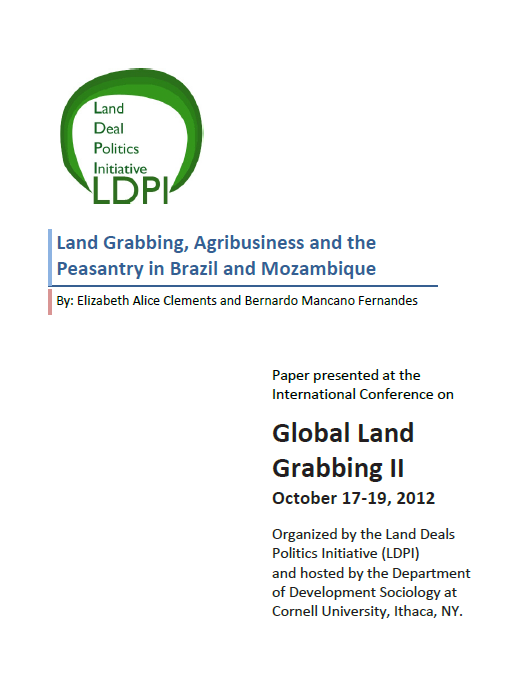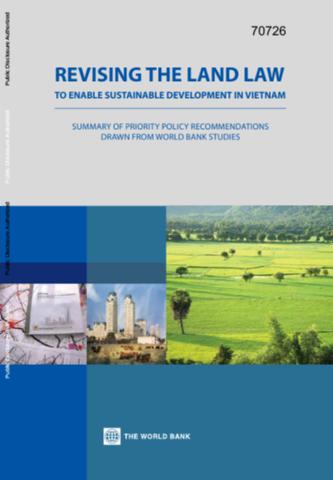Lay of the land
Large-scale land acquisitions by investors, which are often called ‘land grabs’ (see next section for definition), can deprive rural women and communities of their livelihoods and land, increasing their food insecurity. This report argues that the current rise in land grabbing needs to be urgently addressed, and focuses on the actions that developing countries can take to mitigate land grabs through strengthening national land governance so that it is transparent, is accountable and protects communities’ rights.






